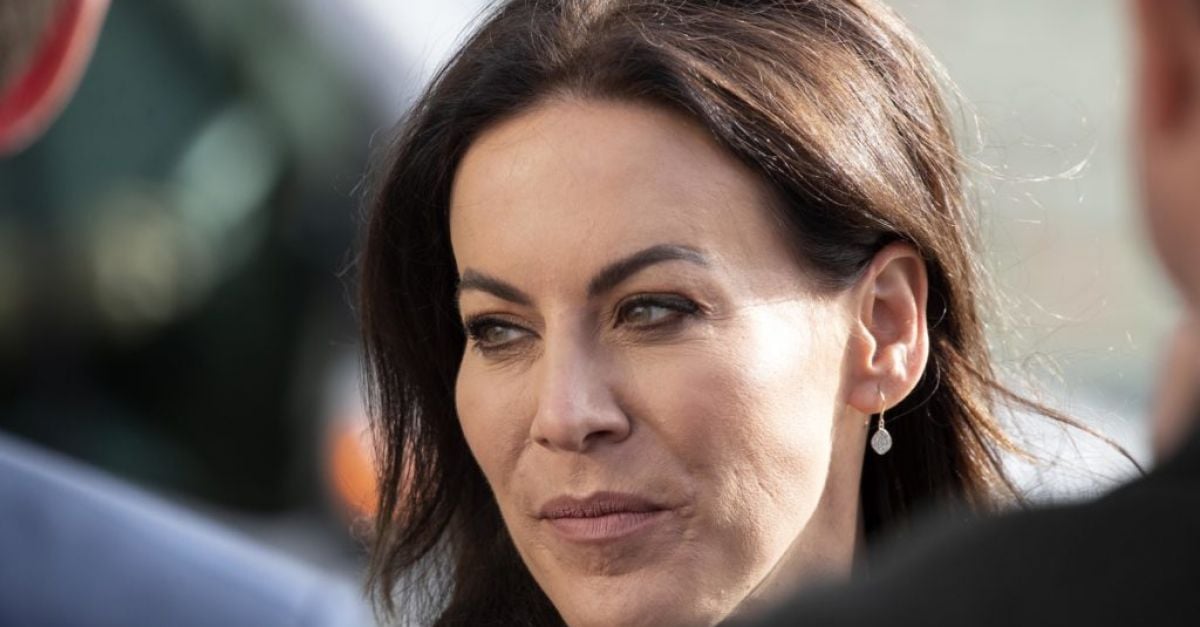Headline: Jokowi Launches Anti-Corruption Corps to Combat Fraud in Indonesia
Introduction
In a decisive move against corruption, Indonesian President Joko Widodo, colloquially known as Jokowi, signed Presidential Regulation Number 122 of 2024 on October 15, establishing the Corruption Eradication Corps under the Indonesian National Police. This new entity aims to strengthen the country’s fight against corruption and money laundering, marking a significant step towards promoting transparency and accountability in governance.
Overview of the Corruption Eradication Corps
The Corruption Eradication Corps is tasked with a critical mandate: assisting the National Police Chief in various areas, including training personnel, preventing corruption, conducting preliminary investigations, and carrying out thorough investigations into corruption cases. Additionally, the Corps will engage in tracing and securing assets acquired through corrupt practices.
Led by an Inspector General-ranked chief, the Corps will also include a deputy, enhancing its leadership and operational efficiency. The proposal to establish this specialized unit was initiated by National Police Chief Listyo Sigit Prabowo, who emphasized the need to provide exceptional services to the public, particularly to those who have been historically underserved. He stated, "We do everything to truly provide the best services for the public, especially those who have not received special attention and service," reflecting a commitment to improving public trust in law enforcement.
Background and Recent Developments
The launch of the Corruption Eradication Corps is a response to ongoing concerns about corruption and its detrimental effect on public trust and governance in Indonesia. According to Transparency International’s Corruption Perceptions Index, Indonesia has struggled with corruption for years, which has hampered economic development and marginalized impactful legislative reforms.
By equipping the national police with this specialized unit, the government aims to bolster existing frameworks to combat graft and illicit financial activities. This initiative comes amid Jokowi’s broader governmental reforms, including recent changes to the State Ministry Law, which have garnered attention for reshaping the political landscape.
The Impact on Technology and Governance
The establishment of the Corruption Eradication Corps signals a pivotal shift that could potentialize the use of technology in anti-corruption efforts. By integrating advanced tools like data analytics, artificial intelligence, and blockchain technology into its investigative processes, the Corps can enhance its capability in tracing transactions and recovering ill-gotten assets.
Such technological interventions can also promote greater transparency in government processes, fostering a culture of accountability that reflects positively on both public service and corporate governance. As technology continues to evolve, the opportunity for enhanced corruption prevention strategies becomes increasingly viable.
Public and Expert Reactions
The public response to the creation of the Corruption Eradication Corps has been predominantly positive. Many citizens express hope that this initiative will lead to concrete actions against corrupt practices and create a more transparent government.
Experts in governance and law enforcement have praised the corps as a vital component in Indonesia’s fight against corruption. Dr. Rina Susanti, a researcher specializing in public policy, remarked, "Establishing a dedicated unit for corruption eradication shows a serious commitment from the government. It is crucial for rebuilding public trust and ensuring accountability."
Future Prospects and Engagement
As Indonesia takes steps to fortify its anti-corruption efforts, the establishment of the Corruption Eradication Corps may serve as a transformative model for governance in the region. By addressing corruption with strict measures and innovative strategies, the government may not only deter crime but also enhance overall economic growth and public welfare.
As this initiative unfolds, citizens, industry professionals, and technology enthusiasts alike are encouraged to stay engaged with the developments. The active participation of the public in voicing concerns and providing feedback could be instrumental in shaping the effectiveness of this corps.
For ongoing coverage and updates regarding this and other critical matters, consider subscribing to our newsletter. Share your thoughts in the comments below, and let us know how you believe this new approach to combatting corruption can make a difference in Indonesia.


